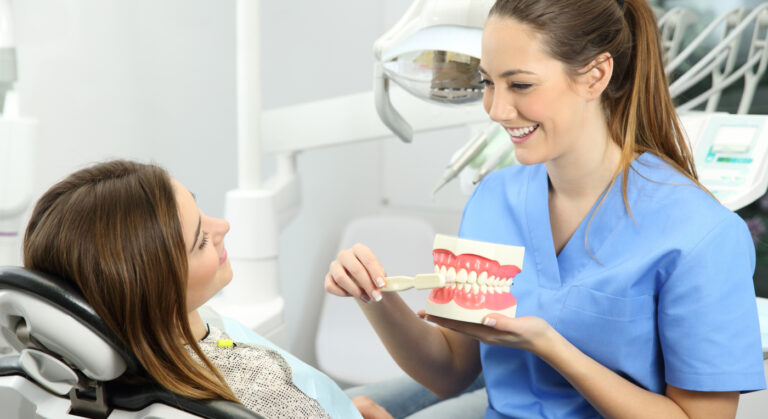Dental emergencies can strike when least expected, causing panic and discomfort. Quick action matters. Timely treatment ensures problems do not worsen. You might think of a minor toothache as a small issue. But neglecting it can lead to severe pain or infection. Seeking an emergency dentist in Elizabeth, NJ can provide immediate relief and prevent further damage. When pain occurs, waiting can be harmful. Swelling or gum issues indicate you should not delay. Fast treatment can save your natural teeth and avoid complex procedures. It is crucial to act when faced with dental emergencies. Do not hesitate. The right care at the right moment can make a difference to your oral health. Knowing where to go during such times reduces stress. Preparedness gives peace of mind. Remember, your smile’s health is worth immediate attention. Addressing dental emergencies quickly protects your overall well-being. Decide for yourself today.
Common Dental Emergencies
Understanding what constitutes a dental emergency is essential. Not all dental issues require urgent care. Knowing the difference helps you make quicker decisions.
- Severe toothache
- Broken or chipped tooth
- Knocked-out tooth
- Lost filling or crown
- Abscess or swelling
These conditions require immediate attention. Ignoring them can result in complicated treatments later. For more information, visit the CDC’s guidelines on dental emergencies.
Timing Matters
When you experience a dental emergency, timing is everything. Acting quickly can prevent further damage. For instance, if a tooth is knocked out, seeing a dentist within 30 minutes can potentially save it. The table below shows the recommended time frames for different emergencies:
| Emergency | Time Frame for Treatment |
|---|---|
| Severe Toothache | Within 24 hours |
| Chipped or Broken Tooth | As soon as possible |
| Knocked-out Tooth | Within 30 minutes |
| Lost Filling/Crown | Within 48 hours |
| Abscess or Swelling | Immediately |
Consequences of Delay
Waiting to address dental emergencies increases risks. The pain might intensify, infections can spread, and tooth loss can become inevitable. This not only affects oral health but also impacts overall health. Poor dental care is linked to heart disease and diabetes, according to NIH research.
Steps to Take During an Emergency
Preparedness helps in emergencies. You can follow simple steps to manage the situation before reaching a dentist:
- Rinse your mouth with warm water.
- Apply a cold compress to reduce swelling.
- Use dental floss to remove trapped food.
- Keep the knocked-out tooth moist in saliva or milk.
- Avoid painkillers directly on the gums. They can burn tissue.
Peace of Mind Through Preparedness
Knowing what to do and where to go during dental emergencies saves time and stress. Research local emergency dentists and keep their contact information handy. This ensures you know who to call and where to go when an emergency arises.
Conclusion
Your quick action in dental emergencies can protect your oral health and overall well-being. Immediate treatment prevents complications. Remember, your oral health is connected to your overall health. Do not wait. Seek timely help from an emergency dentist. By being prepared, you are not only saving time and money but also ensuring peace of mind for you and your family.
